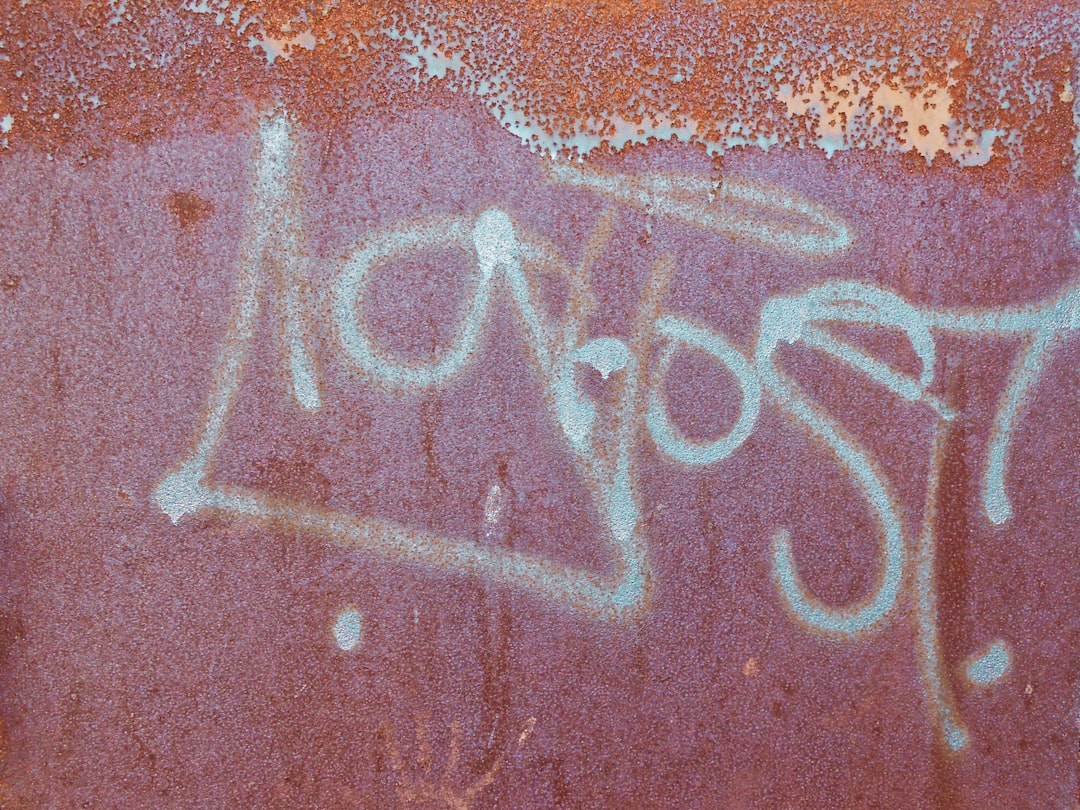DNA evidence has emerged as a powerful tool for massage abuse attorneys in New Jersey, strengthening cases involving spa abuses, sexual assault, or harassment. This biological identifier provides an irrefutable link between victim and perpetrator, aiding in the pursuit of justice. Advanced DNA analysis techniques enable investigators to match genetic profiles, establish relationships, and build strong cases against massage therapists who prey on unsuspecting clients. Massage abuse attorneys leverage this scientific approach to offer closure to survivors and ensure perpetrators face consequences, making them crucial in navigating complex legal matters within New Jersey's thriving wellness industry.
“In recent years, the rise of massage spa abuse cases in New Jersey has brought significant attention to the need for robust forensic evidence. DNA evidence plays a pivotal role in these prosecutions, offering a powerful tool to seek justice and protect victims. This article delves into the intricacies of DNA testing in New Jersey’s legal landscape, focusing on its application in massage therapy abuse cases. From understanding the evidence to navigating complex legal procedures, it explores the crucial roles of both massage abuse attorneys and law enforcement.”
Understanding DNA Evidence: A Powerful Tool in Crime Prosecution
DNA evidence has emerged as a potent weapon in the arsenal of New Jersey massage abuse attorneys, significantly enhancing the prosecution of crimes within the realm of spa abuses. This biological material, unique to each individual, provides an irrefutable link between the victim and the perpetrator, ensuring justice is served. In cases involving sexual assault or harassment, DNA can be collected from various sources—such as bodily fluids, skin cells, or hair—left behind at the scene of the crime or on the victim’s person, offering concrete proof beyond reasonable doubt.
The process of analyzing DNA evidence involves sophisticated techniques and technology, allowing investigators to match genetic profiles, establish relationships, and build compelling cases. This scientific approach has proven instrumental in holding massage therapists accountable for their actions and providing closure to victims seeking justice. With the help of advanced DNA testing, New Jersey massage abuse attorneys can navigate these complex legal matters, ensuring that perpetrators face consequences and survivors receive the support they deserve.
The Prevalence of Massage Spa Abuse Cases in New Jersey
In recent years, there has been a growing awareness and increase in reported cases of massage spa abuse across New Jersey. This trend has not gone unnoticed by local law enforcement agencies, who are now placing a heightened focus on investigating these incidents. The state’s vulnerability to such crimes can be attributed to the thriving wellness industry, attracting both locals and tourists alike. With numerous spas and massage centers dotting the landscape, New Jersey has become a hotspot for those seeking relaxation, unfortunately, also making it a target for criminals preying on unsuspecting clients.
Massage abuse attorneys in New Jersey play a pivotal role in holding perpetrators accountable. These legal professionals are well-versed in navigating the complexities of DNA evidence, which has emerged as a powerful tool in prosecuting these cases. The presence of DNA can provide irrefutable proof, strengthening the prosecution’s case and ensuring that justice is served for victims who have suffered at the hands of abusive massage therapists.
How DNA Testing Can Prove or Disprove Allegations in Massage Therapy
DNA testing has emerged as a powerful tool in the field of justice, and its application in massage therapy-related cases, particularly allegations of abuse, is no exception. In New Jersey, where massage spa abuse attorneys play a vital role, DNA evidence can provide irrefutable proof or disprove claims made against therapists. This scientific method helps establish the guilt or innocence of individuals, ensuring that justice is served.
When a client alleges sexual assault or misconduct during a massage, collecting and analyzing DNA samples from the therapist can yield significant results. If the victim’s DNA is present on the therapist’s person or in the spa environment, it serves as compelling evidence to support the claim. Conversely, the absence of the victim’s DNA may refute the allegation. This technology offers a precise and objective means to navigate the complex legal landscape surrounding massage abuse cases, ultimately aiding New Jersey massage spa abuse attorneys in building robust defenses or strengthening prosecutions.
Legal Implications and Rights of Victims in New Jersey Massage Abuse Cases
In cases of massage spa abuse in New Jersey, understanding legal implications and victim rights is paramount. If you’ve experienced sexual misconduct or assault during a massage, it’s crucial to report the incident to local law enforcement immediately. New Jersey has strict laws against sexual harassment and assault, and these can be invoked in massage therapy settings. Victims have the right to file civil lawsuits against the perpetrators and spas that failed to protect them.
Massage abuse attorneys in New Jersey can guide victims through this complex process, helping them understand their legal options and pursue justice. These professionals are well-versed in the state’s laws regarding consent, spa regulations, and potential criminal charges. They can also assist in gathering DNA evidence, which is often crucial for both civil and criminal cases involving sexual abuse.
The Role of Massage Abuse Attorneys in Navigating Complex Legal Terrain
Massage abuse attorneys in New Jersey play a pivotal role in navigating the complex legal terrain surrounding DNA evidence in spa-related prosecutions. With the increasing awareness and prevalence of sexual misconduct within the massage industry, legal professionals specializing in this field are crucial. They possess an in-depth understanding of state laws, regulations, and the unique challenges presented by such cases.
These attorneys expertly handle the delicate process of collecting, preserving, and presenting DNA evidence to ensure its admissibility in court. They work closely with investigators, experts, and prosecutors to interpret scientific findings, understand their implications, and develop compelling legal strategies. Their expertise enables them to guide clients through every step, from initial investigations to trial, ensuring justice is served and the rights of survivors are protected.





